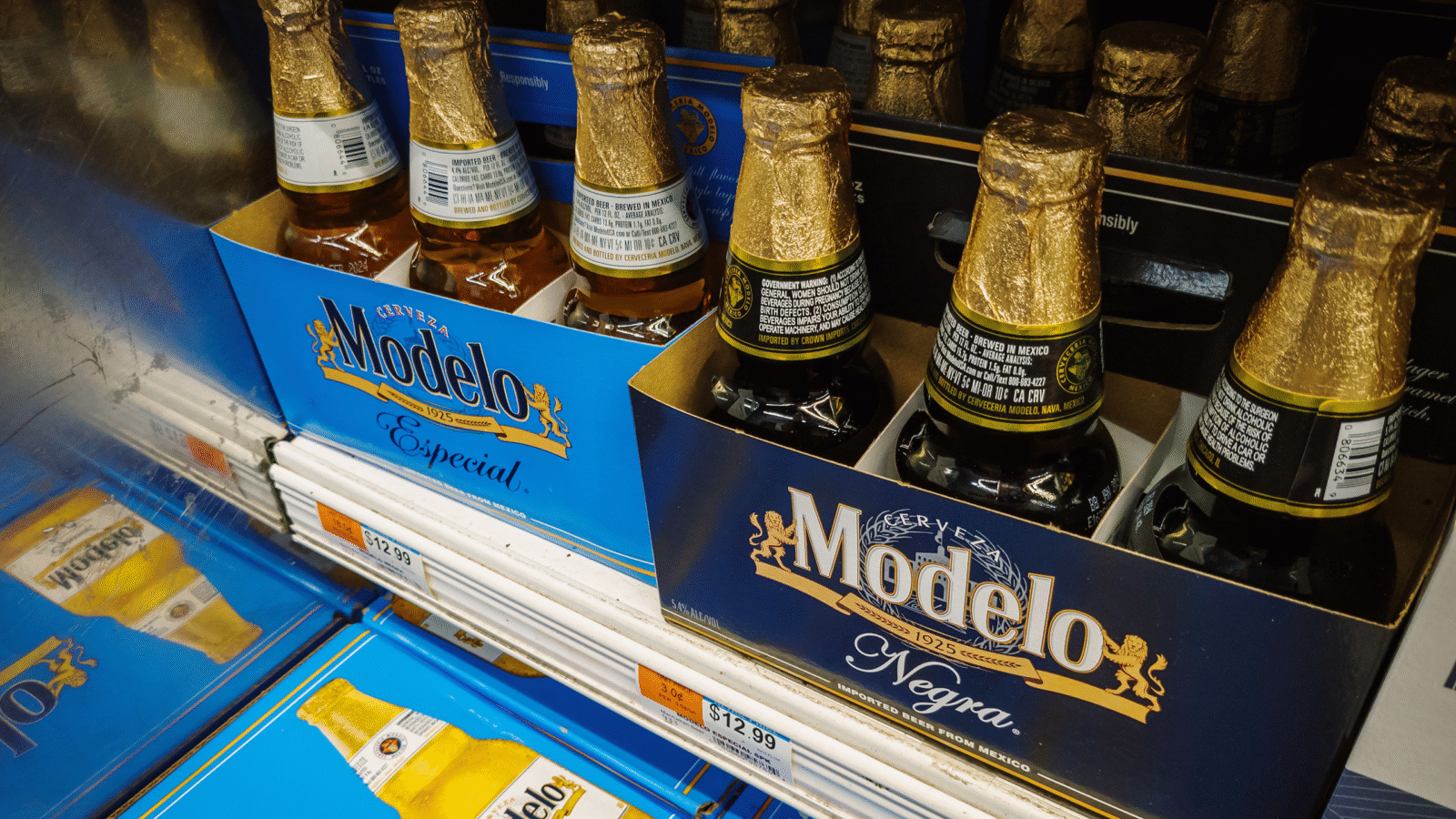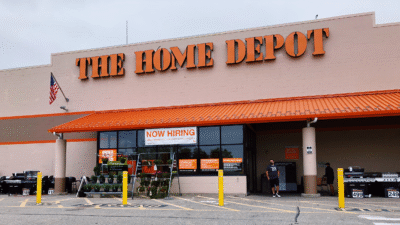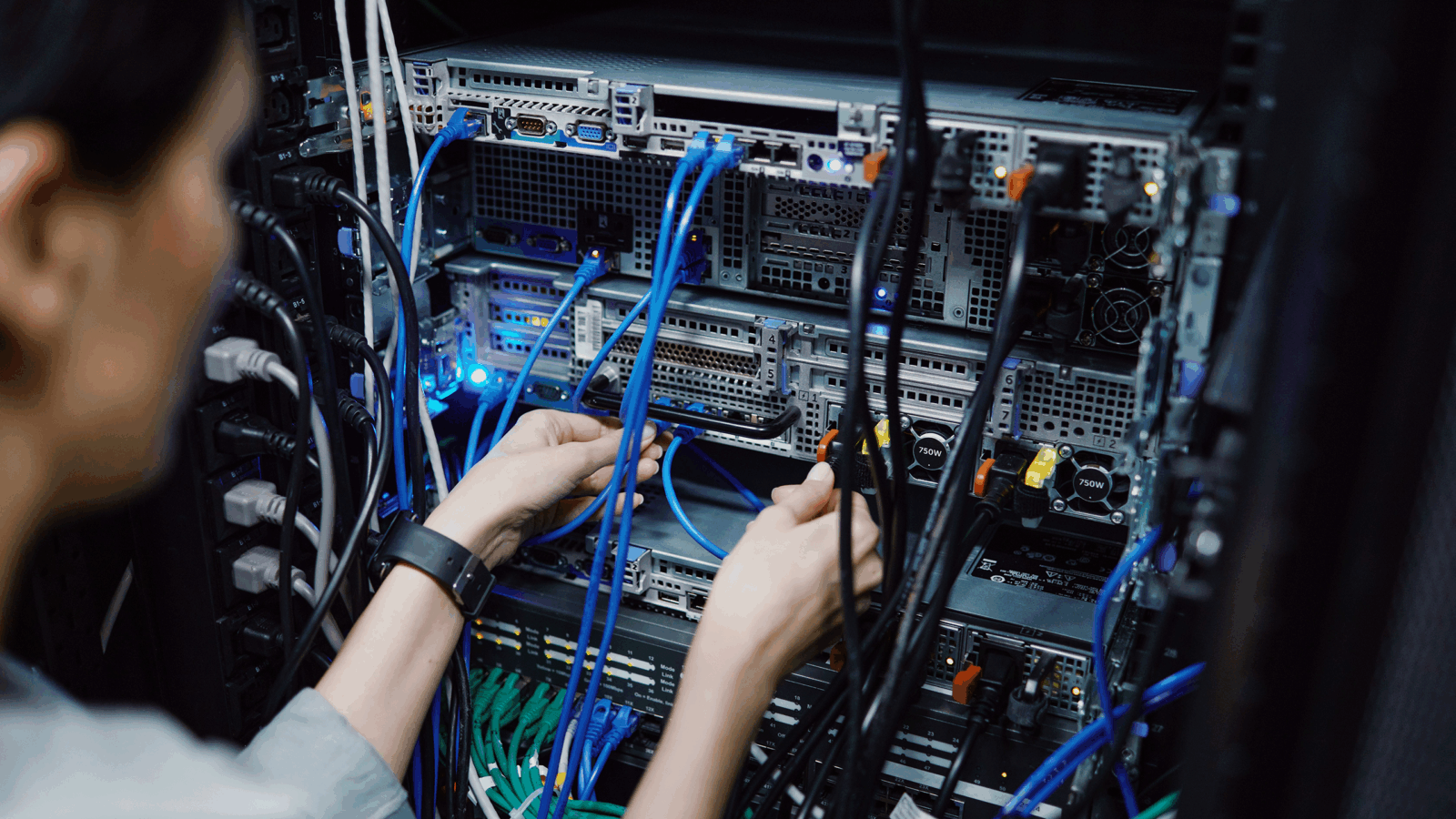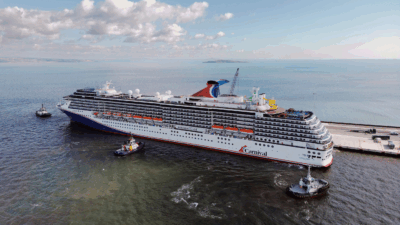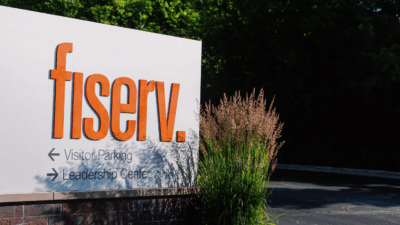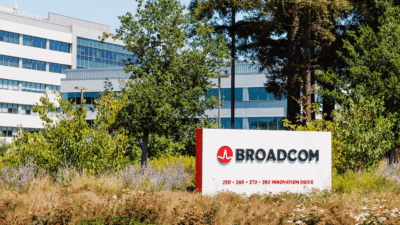Sign up for smart news, insights, and analysis on the biggest financial stories of the day.
With a market cap of $1.7 trillion, we are on safe ground when we say Amazon is a big business.
Many e-commerce companies have given up competing altogether, instead opting to make selling through Amazon a primary business strategy.
Boston-based Thrasio raised $750 million, the biggest round in a growing trend of companies that buy up Amazon merchants in the hope of becoming the next consumer goods giant like P&G or Unilever. The company is now valued at $6 billion.
Imitation is the Sincerest Form of Competition
More than half of consumer spending on Amazon goes through Marketplace, where third-party sellers offer their wares alongside Amazon’s traditional offerings.
These third-party sellers are often two or three person operations.
The Industrial Logic: Outfits like Thrasio have made a strategy of buying-up small sellers and creating efficiencies through scale. Thrasio now owns over 100 brands in skincare, blankets, massage equipment and socks. It has 700 employees and offices in the UK and Germany, with plans to expand to Japan and China.
Thrasio has raised $1.8 billion since it was founded in 2018, and it pulled in $500 million of revenue last year.
The success has naturally attracted a rush of competitors:
- Seven startups raised a total of $950 million to go out and buy sellers on Amazon marketplace last year.
- German-based SellerX and Razor, UK-based Heroes and San Francisco’s Heyday didn’t even exist at the start of 2020.
The Seller Becomes The Conglomerate: One success story, Chinese electronics accessory maker Anker actually began as an “Amazon native” brand before it started buying up other sellers, and listed in Shenzhen in August with an $8 billion valuation.
Commerce is Piling Up, Literally
Meanwhile, the surging volume of ecommerce that Thrasio and others have capitalized on has a dark side, according to the Bank of America.
Recyclable packaging companies for Amazon vendors are struggling to keep up pace, which is driving up costs and making recycled paper more expensive. Smurfit and DS Smith, two companies that specialize in converting corrugated boxes into recycled boxes had their margins clipped in the second half of 2020. That means traditional boxmakers are making hey off demand, but more and more waste as recyclables go up in price and the materials needed for them languish in piles.
The Takeaway:
Please recycle. (This message is not sponsored by Smurfit or DS Smith).
